Climate of Healthy Interactions for Learning & Development (CHILD)
The CHILD is a comprehensive toolkit for improving the quality of early childhood care and education. It includes an observational measure of classroom climate; resources for teachers; and materials for early childhood mental health consultants, coaches, and others who provide support and professional development to teachers. The CHILD was developed by Yale University scientists based on decades of research, teaching, and raising our own children.
Special Focus: Supporting Young Children during the COVID-19 Pandemic
The ABCDEs of Family Climate and COVID-19
Connecting in a time of physical distance
COVID-19 has taken over our normal routines and occupies our minds day and night. As we respond with physical distancing, the pandemic has also highlighted our need for connectedness. Human connections help us all manage stress and anxiety in uncertain times. For young children, connections with caring and supportive adults are also essential building blocks for resilience, cognitive development, and learning. This website offers simple strategies we can use daily to help children connect, learn, and grow. These strategies are derived from the CHILD® Tool. Though the CHILD was originally intended to support early childhood care and education professionals, we’ve adapted the principles for parents and caregivers to use at home.
Talking with Young Children about COVID-19
Children may or may not be asking questions about the COVID-19 pandemic and how it is impacting their world. When they do ask questions, it can be difficult to know how to answer in a way that young children understand.
Click here for more on Talking with Young Children about COVID-19
Special Focus: CHILD Stands with the Black Community and Against Racism
America finds itself amid a health pandemic that started at the beginning of the year. We are also in the midst of another pandemic—a social pandemic—that has been in existence for centuries. Equally vile and sometimes fatal, racism has no place in our society.
We stand with the Black community and weep for those who have lost their lives as a result of racism.
We strongly condemn racist attitudes and actions—both the blatant aggressive acts and the subtler, but just as harmful, microaggressive behaviors.
We understand that there is explicit (expressed, conscious) racism and implicit (unconscious, unintentional) racism. We understand that both have detrimental effects on Black individuals and communities, including young children.
We acknowledge that both forms of racism are deeply ingrained in the human psyche. We acknowledge that racism is learned through socialization and that, as a society, we need to make deliberate efforts to unteach and unlearn it.
We recognize that racism cannot be overcome by individual acts alone. It is a systemic disease that requires systemic, collective, persistent, and pervasive change to be undone.
We are humbled by the tireless work of scholars, practitioners, policymakers, and advocates who have inspired our social justice research at the Zigler Center in Child Development & Social Policy at Yale. We hope to continue providing high-quality research and programs that ensure each child in our society experiences the best quality of care and education to reach their full potential.
Tools & Resources
The ABCDEs of Family Climate
ABCDE is an easy way to remember 5 core strategies for supporting a happy and healthy family during COVID-19. Each strategy is broken down into many practical tools that you can use with your children every day.
COVID-19 Parent Resources
A curated list of helpful links. These resources cover topics like child development, supporting children’s learning (while having fun!), talking to children about COVID-19, adult well-being, and more.
About the CHILD
The CHILD is a comprehensive toolkit, including an observational measure and other professional development resources, designed to support early childhood care and education professionals. In this section, you will learn more about the complete CHILD toolkit.







